Explore the Best AI Image Gallery

Painting with Pixels: AI Image Generation and the Marketing Revolution
The world of marketing is on the cusp of a significant transformation, driven by the rise of artificial intelligence (AI). Among the most exciting developments in this space is AI image generation, a technology that empowers marketers to create stunning visuals with unprecedented speed and efficiency. From social media campaigns to product mockups and everything in between, AI-generated images are poised to revolutionize how brands connect with their audiences.
This blog post delves into the multifaceted impact of AI image generation on the marketing landscape, exploring its potential uses, ethical considerations, and future trends.
The Creative Canvas: Unlocking New Possibilities
AI image generation tools leverage sophisticated algorithms to analyze vast datasets of images and learn the underlying patterns and rules governing visual composition. This allows them to generate original, high-quality images based on textual prompts or user-defined parameters.
A Marketing Powerhouse: Potential Applications
- Social Media Content: Imagine crafting captivating visuals for your social media feeds in seconds. AI can generate eye-catching graphics, product photos, and even animated content to enhance engagement.
- Personalized Marketing: Tailor marketing messages with images that resonate with specific customer segments. AI can generate personalized visuals based on demographics, interests, or purchase history.
- E-commerce Product Visuals: Streamline product photography by generating realistic mockups of products in different contexts or styles.
- Advertising Campaigns: Create compelling ad visuals that capture attention and convey brand messages effectively.
- Website Design: Generate unique background images, illustrations, and other visual elements to enhance website aesthetics and user experience.
Navigating the Ethical Landscape
While the potential benefits of AI image generation are undeniable, it is crucial to approach this technology responsibly. Several ethical considerations require careful attention:
Copyright and Intellectual Property:
Questions arise regarding the ownership and copyright of AI-generated images. Who holds the rights to these creations—the user who provides the prompt, the developer of the AI tool, or the AI itself?
Bias and Representation:
AI algorithms are trained on existing datasets, which may contain biases that reflect societal stereotypes. This can result in AI-generated images that perpetuate harmful representations.
Misinformation and Deepfakes:
The ability to generate highly realistic images raises concerns about the potential for misuse, such as creating fake news content or manipulating public perception.
Shaping the Future: Trends and Predictions
AI image generation is a rapidly evolving field. Several trends are shaping its future:
Increased Accessibility:
User-friendly AI image generation tools will become more accessible to individuals and businesses of all sizes.
Enhanced Customization:
Users will have greater control over the creative process, with finer-grained options for customizing image styles, compositions, and details.
Integration with Other Technologies:
AI image generation will seamlessly integrate with other technologies, such as virtual reality (VR) and augmented reality (AR), to create immersive experiences.
Conclusion
AI image generation is poised to revolutionize the marketing landscape, empowering brands to create compelling visuals and connect with their audiences in innovative ways. As this technology continues to evolve, it is essential to address ethical considerations and ensure responsible use. By embracing the potential of AI while navigating its complexities, marketers can harness the power of AI image generation to unlock new creative frontiers and drive business success.

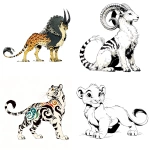
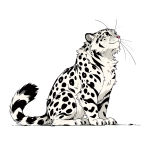
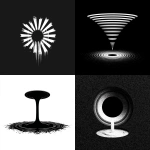
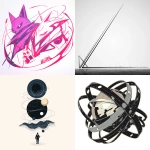

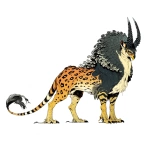
](https://images.ai-img.art/thumbnails/150/03de477e462377e62b34fea23ab1cbf6d4557f4077cc8bed9f23388af1200721.webp)
](https://images.ai-img.art/thumbnails/150/55e9c8ac48f7ca1311ec4a843e2616aa87c73e2217901ac138d198afb0b4f1db.webp)

](https://images.ai-img.art/thumbnails/150/c04f7210bb9d35279503ff64ad44a9826d6909838f777fb1edd0fdece2ac7c70.webp)

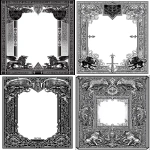
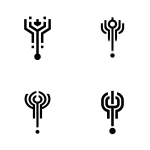
](https://images.ai-img.art/thumbnails/150/9ad2f4d771346182f4c9b6d1712edfd0b6b776f37b75dac606a8e03b1bd2dc47.webp)
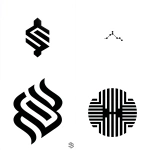
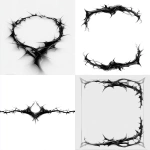

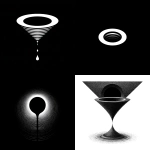
](https://images.ai-img.art/thumbnails/150/f9928aee79da6b2028ac7a7129ac30e6475a85d5300661776fde267c2da839ab.webp)
](https://images.ai-img.art/thumbnails/150/89d86a1c20e8844b6d4ce23cf0e6ae10c19923617b6be16cac5d3cc513bf9c4e.webp)

](https://images.ai-img.art/thumbnails/150/4d725f4d5380eb583bdebf0aad4c789acd6782398b4050f01f350a939dd4c2af.webp)
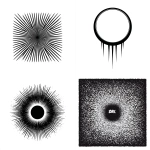

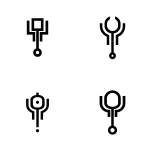
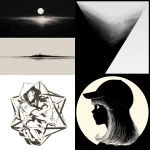
](https://images.ai-img.art/thumbnails/150/5b3fca49762c8c532ff70f250ca3b5900bac75be98d6c82f8f7a220465ad534a.webp)
](https://images.ai-img.art/thumbnails/150/f1cbba604c7411267acd95acaa4746a5ee006a25ade5e596a9501884b384e1dd.webp)

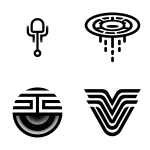

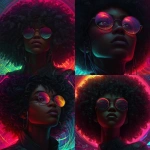
](https://images.ai-img.art/thumbnails/150/45d068cbdc39002eccc21e2169438a3c142426219fda8c9e027c536cdf66811e.webp)





](https://images.ai-img.art/thumbnails/150/78a1311461ccc4b60dd1430d56ee04b3b5612a3145aef0a32196168d5489fdf3.webp)
](https://images.ai-img.art/thumbnails/150/bbf691f1c69e4801062c68d0435463c5bf76258e3984fbe3cc25e9e46174cf88.webp)
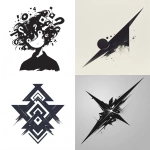
](https://images.ai-img.art/thumbnails/150/cc8f7b8338e849e1e11a902ac51eda96c8f710e5d829c5b4d57b56fa05d28e95.webp)

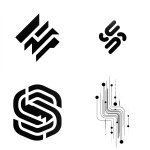
](https://images.ai-img.art/thumbnails/150/8884a7a8953b23d6c882f33524c10e09d320bbce4f305f2c7e79c402d82c1760.webp)
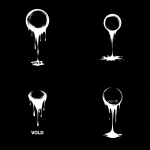


](https://images.ai-img.art/thumbnails/150/16ec42833d204af37c75cc776a794c54661cbfe1061c899680a4976a7f74cd51.webp)